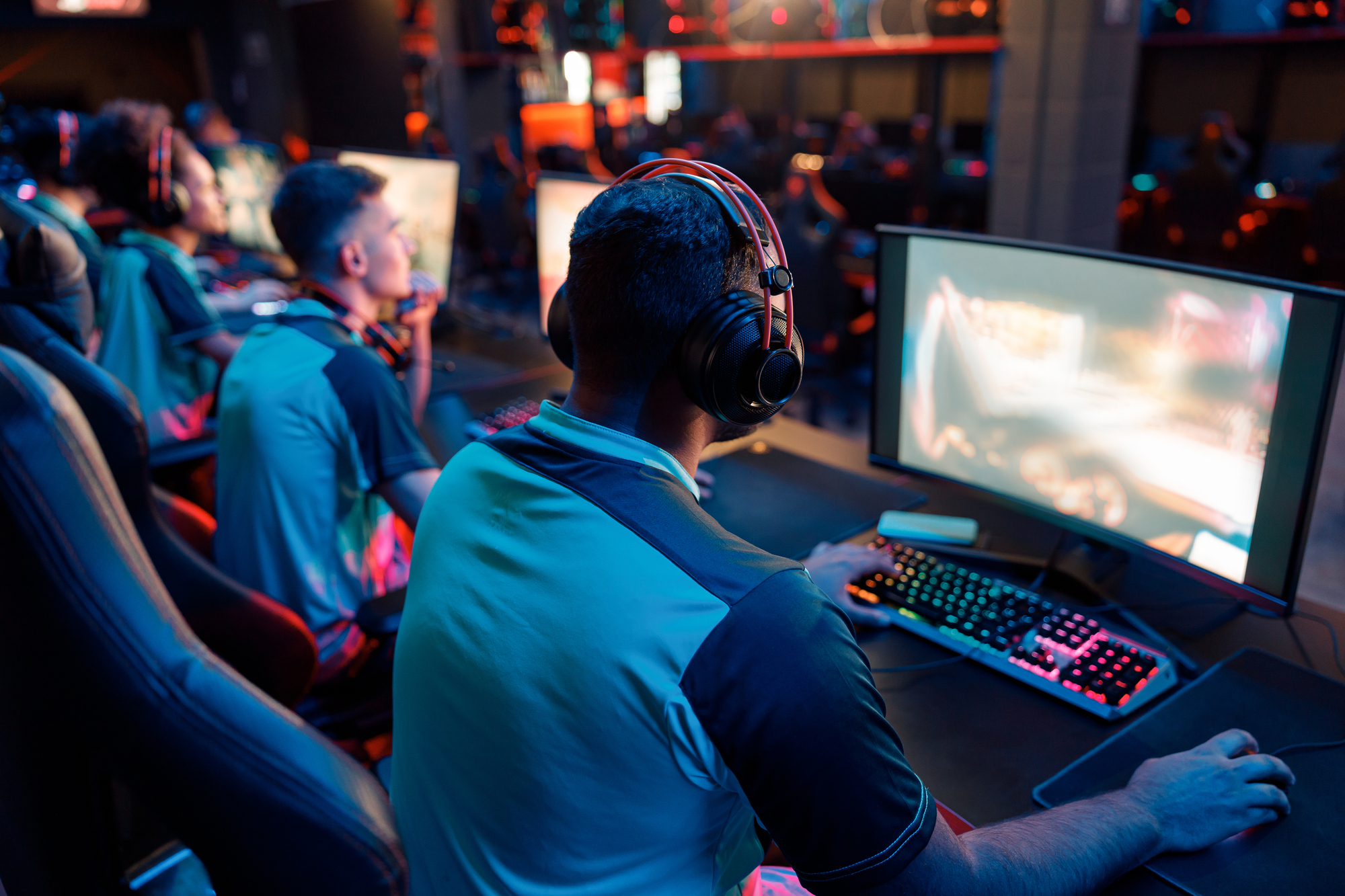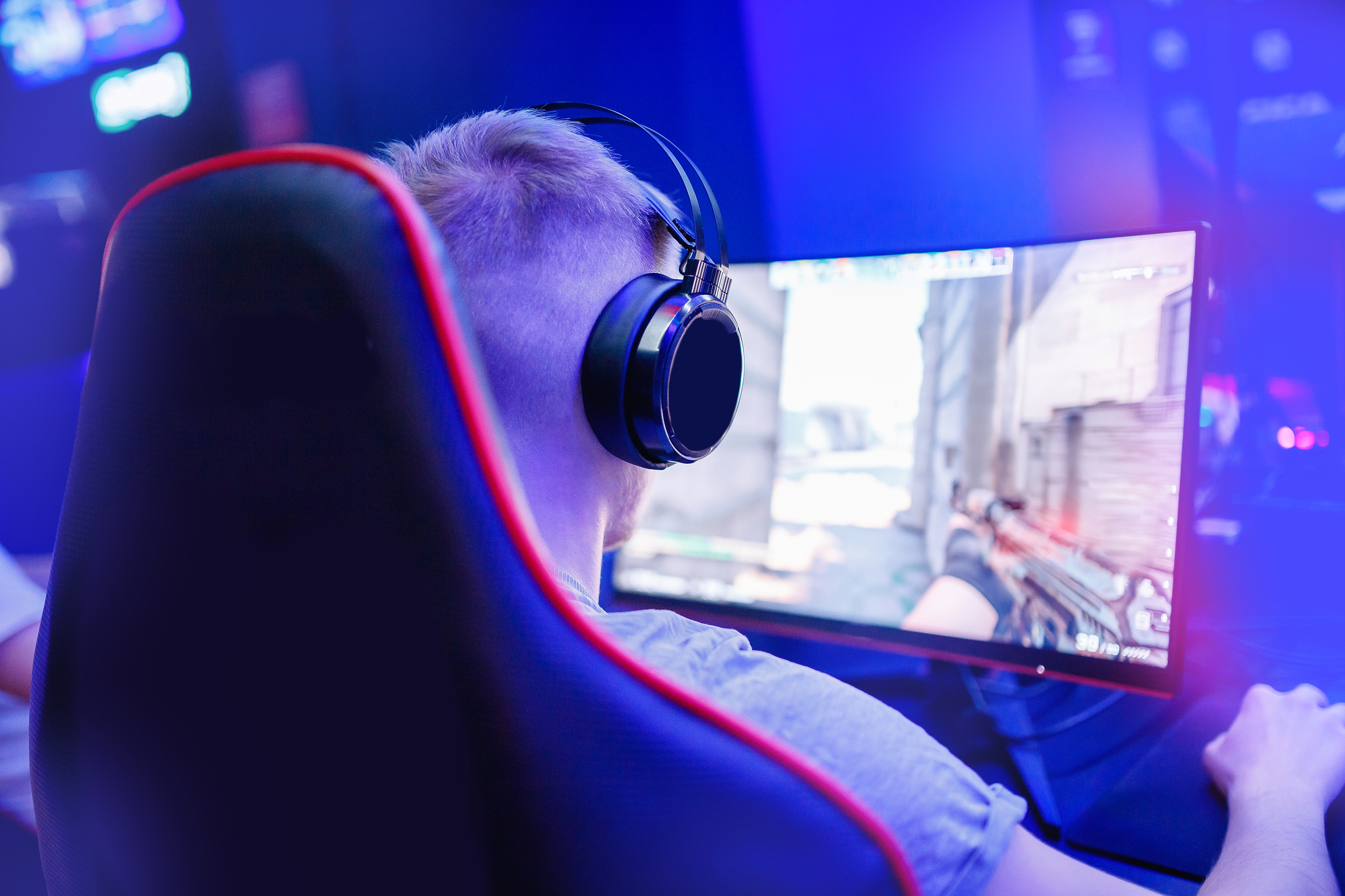Gaming has reshaped the landscape of content creation in recent years. The rise of streaming platforms and gaming-focused content has opened up new avenues for creators to engage with audiences. These platforms have transformed how people consume entertainment, blurring the lines between gaming and traditional media.
Content creators in the gaming space have gained significant influence over gaming trends and consumer behavior. They build communities around their personalities and gameplay styles, often driving interest in specific games or genres. This shift has led to new marketing strategies within the gaming industry, with developers and publishers collaborating with popular streamers to promote their products.
The impact of gaming on content creation extends beyond just video game streams. It has inspired new forms of storytelling, commentary, and interactive experiences across various media platforms. As technology continues to advance, the relationship between gaming and content creation is likely to evolve further, offering exciting possibilities for both creators and audiences.
Evolution of Gaming and Content Creation
Gaming and content creation have undergone significant transformations in recent years. Technological advancements, new platforms, and changing audience preferences have reshaped the landscape.
Influence of Technology on Gaming
Technological progress has revolutionized the gaming industry. High-performance graphics cards and processors enable more visually stunning and complex games. Virtual reality (VR) headsets offer immersive experiences, transporting players into virtual worlds. Augmented reality (AR) blends digital elements with the real world, creating interactive experiences.
AI has also made its mark on gaming. It powers non-player characters, enhancing their behaviors and interactions. AI-driven procedural generation creates vast, diverse game environments. Machine learning algorithms adapt gameplay difficulty based on player performance.
Game engines like Unity have simplified game development. They provide tools for creating 3D environments, physics simulations, and cross-platform compatibility. This has lowered barriers to entry for independent developers.
Rise of Streaming Platforms
Streaming platforms have transformed how people consume and interact with gaming content. Twitch, YouTube Gaming, and Facebook Gaming have become major players in this space. These platforms allow gamers to broadcast their gameplay live to audiences worldwide.
Streamers engage with viewers through chat, creating interactive experiences. Many have built large followings, becoming influential figures in the gaming community. They often showcase new games, impacting their popularity and sales.
Streaming has also given rise to esports. Competitive gaming events now draw millions of viewers. Major tournaments offer substantial prize pools, turning professional gaming into a viable career path.
Growth of the Gaming Community
The gaming community has expanded beyond traditional boundaries. Social media platforms facilitate connections between gamers worldwide. Online forums and Discord servers serve as hubs for discussing games, sharing strategies, and organizing multiplayer sessions.
Gaming has become more inclusive, with diverse representation in both games and the player base. Mobile gaming has brought casual players into the fold, broadening the audience. Cross-platform play allows friends to game together regardless of their chosen device.
User-generated content has flourished. Modding communities create new content for existing games. Some games, like Minecraft and Roblox, are built around player creativity, allowing users to design their own worlds and experiences.
Impact of Gaming on Modern Entertainment
Gaming has reshaped entertainment consumption patterns and created new forms of media engagement. The industry’s influence extends beyond traditional gaming platforms, affecting content creation, audience interactions, and career opportunities.
Shift in Audience Engagement
Gaming has transformed how people interact with entertainment. Players now actively participate in shaping narratives and outcomes, moving away from passive consumption. This interactive approach has spilled over into other media forms, with TV shows and movies incorporating choose-your-own-adventure elements.
Social gaming experiences have fostered online communities where players connect, collaborate, and compete. These digital spaces serve as hubs for social interaction, blurring the lines between gaming and social networking.
The rise of mobile gaming has made entertainment more accessible, allowing people to engage with games anytime, anywhere. This shift has led to changes in how and when people consume media, with short gaming sessions filling brief periods throughout the day.
Content Creators and Influencers
Gaming has given birth to a new generation of content creators and influencers. Platforms like YouTube, Twitch, and TikTok host gaming personalities who attract millions of viewers with their gameplay, commentary, and personalities.
These influencers have become powerful marketing tools for game developers and brands. Their opinions and gameplay videos can significantly impact a game’s popularity and sales.
Gaming content creators often expand their reach beyond gaming, becoming entertainers in their own right. They produce vlogs, podcasts, and other forms of content, broadening their appeal and influence in the entertainment industry.
E-Sports and Competitive Gaming
E-sports has emerged as a major entertainment sector, with professional gamers competing in tournaments that draw large audiences both online and in physical venues. Major e-sports events now rival traditional sports in viewership and prize money.
The growth of e-sports has created new career paths in the entertainment industry. Professional players, coaches, commentators, and analysts have found opportunities in this expanding field.
E-sports organizations have become entertainment brands, partnering with traditional sports teams and attracting investment from celebrities and major corporations. This convergence is blending gaming culture with mainstream entertainment and sports.
Business and Economic Aspects
Gaming influences modern content creation in significant ways, shaping advertising strategies, driving market trends, and opening new career paths. These economic impacts ripple through various industries and create opportunities for creators and businesses alike.
Advertising and Sponsorship Opportunities
Gaming platforms offer unique advertising spaces for brands. In-game ads, ranging from billboards in virtual cities to product placements, allow companies to reach engaged audiences. Esports events attract millions of viewers, making them prime targets for sponsorships. Major brands partner with popular streamers and professional gamers to promote products.
Influencer marketing thrives in gaming communities. Content creators on platforms like Twitch and YouTube Gaming secure brand deals, promoting everything from gaming peripherals to energy drinks. These partnerships often feel more authentic to viewers than traditional ads.
Gaming-related content on social media platforms expands advertising reach beyond dedicated gaming channels. Brands leverage user-generated content and viral gaming moments to connect with broader audiences.
Market Trends and Sales
The gaming industry’s economic impact extends far beyond game sales. Mobile gaming leads market growth, with free-to-play models and microtransactions generating substantial revenue. Console and PC gaming maintain strong sales, driven by blockbuster releases and digital distribution.
Gaming merchandise creates additional income streams. Clothing lines, collectibles, and branded peripherals capitalize on fan enthusiasm. Virtual items and skins in games represent a booming market, with rare digital assets fetching high prices.
Live streaming platforms contribute to the gaming economy. Subscription models, donations, and platform-specific currencies allow viewers to support their favorite content creators financially.
Educational and Career Opportunities in Gaming
The gaming industry creates diverse job opportunities. Game development roles span programming, art, design, and project management. Quality assurance testing and localization services employ many professionals.
Esports organizations hire players, coaches, managers, and support staff. Content creation careers flourish, with streamers, video producers, and gaming journalists building substantial followings.
Educational institutions recognize gaming’s potential. Universities offer game design and esports management programs. Coding bootcamps teach game development skills. Online learning platforms provide courses on streaming and content creation, helping aspiring creators enter the field.
Challenges and the Future of Game-Driven Content
Game-driven content creation faces technological hurdles, creative demands, and evolving trends. These factors shape how games influence modern media production and consumption.
Addressing Technological Challenges
Game developers grapple with rapid tech advancements. Virtual reality and augmented reality demand powerful hardware and seamless integration. Cross-platform compatibility remains a key issue for many studios.
AI integration in games presents both opportunities and obstacles. While AI can enhance NPCs and procedural generation, it requires significant computing power and expertise to implement effectively.
Cloud gaming services aim to reduce hardware barriers but face latency and bandwidth limitations. As 5G networks expand, these services may become more viable for high-quality game streaming.
Cultivating Creativity and Storytelling
Games push narrative boundaries through interactive storytelling. Writers and designers work to balance player agency with compelling plots. This often involves creating branching narratives or emergent storytelling systems.
User-generated content (UGC) continues to grow in importance. Games like Minecraft and Roblox thrive on player creativity. Developers must build tools and platforms that support and showcase UGC while maintaining game balance and quality standards.
Esports and streaming culture influence game design decisions. Competitive games need spectator-friendly features, while single-player experiences often incorporate streaming tools directly into the game.
Predicting Future Trends and Technologies
Blockchain technology may reshape in-game economies and digital ownership. Non-fungible tokens (NFTs) could allow players to truly own and trade virtual items across games and platforms.
Artificial intelligence will likely play a larger role in content creation. AI-assisted level design, character modeling, and even narrative generation could speed up development processes.
Virtual and augmented reality technologies continue to advance. As devices become more affordable and comfortable, VR and AR games may see wider adoption. This could lead to new forms of immersive storytelling and social interaction in games.












